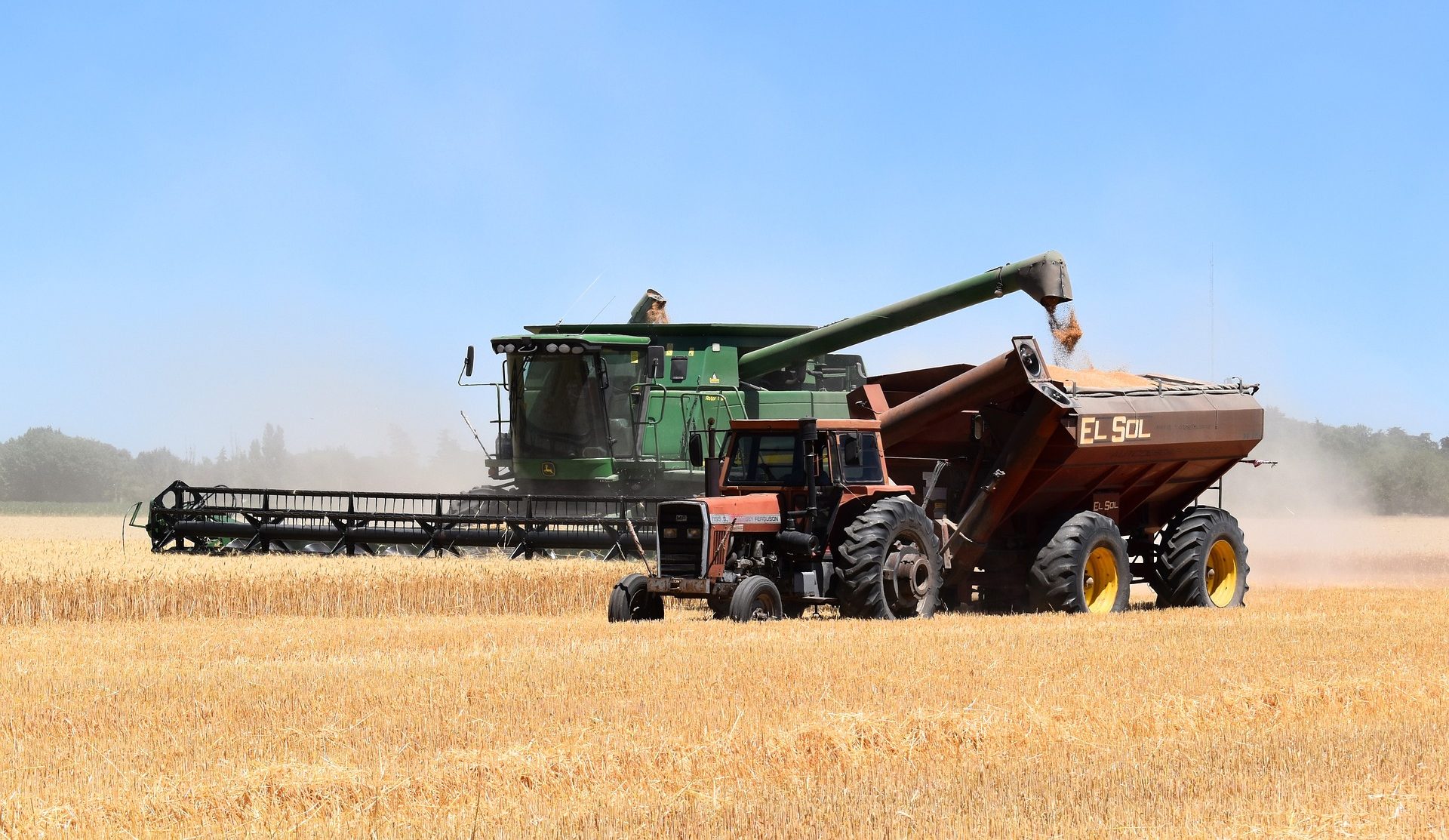
If the EU does not act, Hungary will extend the ban on Ukrainian grain imports after September 15 under national competence.Continue reading

The government will extend and expand the import ban on Ukrainian agricultural products under its national competence, the agriculture minister said in a video posted on his social media site on Saturday.
According to the minister, the so-called Ukrainian farmers are in fact American, Saudi, and Dutch companies and investors. “This is a market acquisition operation in a political guise,” he emphasized.
In addition to Ukrainian grain, the restriction covers rapeseed and sunflower seeds, flour, edible oil, honey, certain meat products, and eggs, while transit shipments will continue to be allowed, István Nagy noted.
The minister explained that
the EU import restriction measure on agricultural products from Ukraine expired on September 15, but that the moratorium should be maintained in order to address market disruption.
Cheap Ukrainian imports could flood the markets of neighboring Member States again, with Hungarian maize and sunflower harvested in October and November taking up free storage capacity, and in this case farmers would face even greater difficulties, he warned. The government had waited until the last minute for the European Commission to decide whether to maintain the ban, István Nagy continued.
He said Ukrainian products must reach their traditional customers in Africa and the Arabian Peninsula, where they are expected and sought after. If it does not reach them, “there will be a famine, and a wave of migration, with unforeseeable consequences,” he warned. To avoid this, he added,
the Ministry of Agriculture has proposed the creation of a transit fee subsidy to channel Ukrainian agricultural products out of Europe to free ports in the north or south.
The minister also discussed the topic on Kossuth Radio on Sunday. According to him, the leaders of the European Union are not defending the interests of the EU: “we are witnessing the market acquisition actions of international, multinational big capital.” He explained that with their proposed transit fee subsidy, the 27 Member States would jointly create a fund to support transport costs, as the main problem is that land transport is more expensive than sea transport. If Ukrainian grain could get to the free ports in the south, Croatia, or the north, it could get to the traditional routes to Africa and the Arabian Peninsula.
However, in his view, that is not what the EU wants. Back in May, the European Union allowed five Member States – Bulgaria, Hungary, Poland, Romania, and Slovakia – to ban imports of wheat, maize, rapeseed, and sunflower from Ukraine to protect local farmers. However, the European Commission did not extend the ban on imports of Ukrainian cereals because it considered that the measures taken since May had eliminated market distortions in these Member States. Nagy argued that this is incorrect and that
there is oversupply on European markets. He said it was outrageous that the issue was dealt with on the last day, at the last minute, without the involvement of the relevant ministers.
Instead, Ursula von der Leyen, President of the European Commission, had reached an agreement with Ukrainian President Volodymyr Zelensky, and that the statement had been published before the official announcement.
Nagy noted that Bulgaria did not join the decision in the end, but Slovakia and Poland did, and that Romania would too, based on its negotiations. “It is certain that Hungary will stick to it,” he concluded.
Via MTI, Featured Image: MTI/Balázs Attila